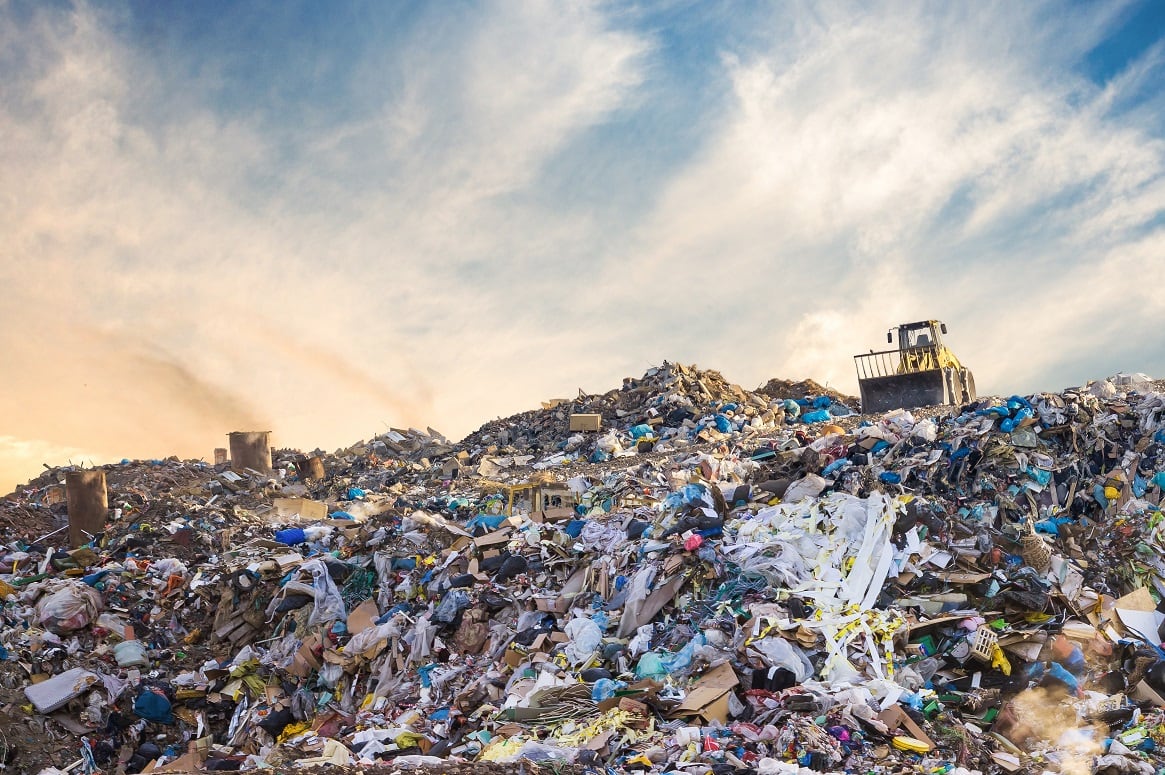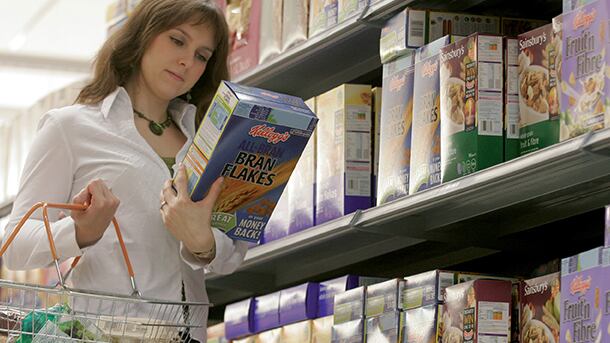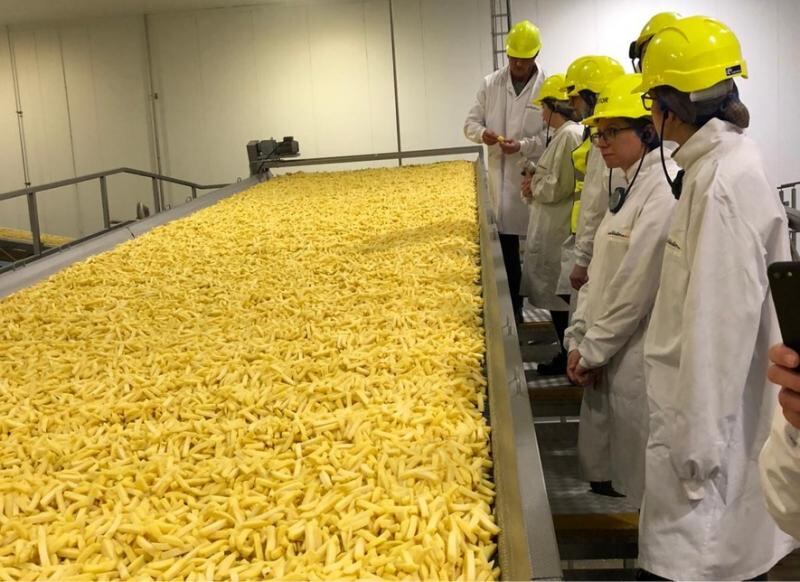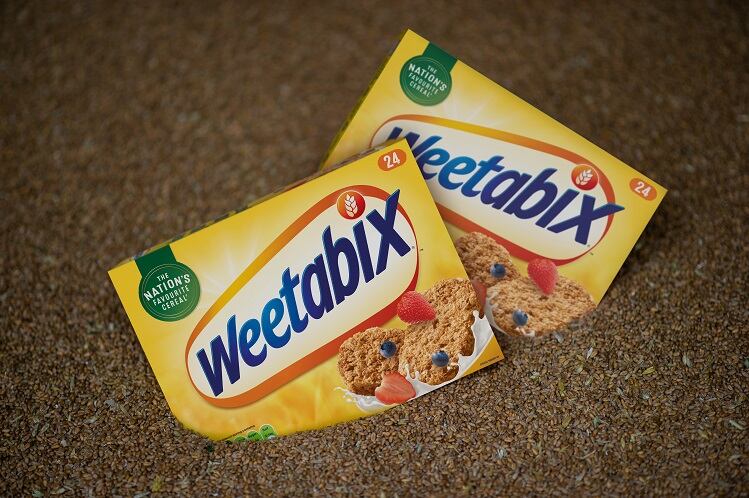The report, which was published by global non-governmental organisation WRAP, claims there has been good collective progress against the UK Plastics Pact’s environmental targets.
These include eliminating problematic or unnecessary single-use packaging, making 100% of plastic packaging reusable, recyclable or compostable, ensuring 70% of plastics packaging be recycled or composted and ensuring 30% average recycled content across all plastic packaging.
Comparing data for members reporting annually, the review equates the 10% drop in plastic packaging on supermarket shelves to a reduction in CO2 emissions of 335,000t - equivalent to taking 150,000 cars off the road since the Pact began.
Recycled content
It also highlighted the doubling of the amount of recycled content in packaging to 18% since 2018. The results showed more than one million barrels of virgin oil had been saved through recycled content use.
The report highlights that innovations in recycling plastic bags and wrapping through increased front-of-store collections are beginning to enable the scaling up of the collection and recycling of these challenging materials.
WRAP is urging more supermarkets to implement collections to increase the number of people using collection points. It has has also raised concerns that further investment from industry for UK recycling infrastructure is required, particularly for plastic bags and wrapping.
Plastic pollution
“The UK Plastics Pact arose at a time of great public concern about plastic pollution and has been a constant and practical programme for collective change to reset our relationship with plastics," said WRAP chief executive officer Marcus Gover. "Comparing 2020 against 2018, it has shown strong progress against its environmental targets during a period of unmitigated societal upheaval.”
“I believe this work should inspire us when we think about the enormous efforts needed to tackle climate change, and how innovation and experimentation can drive forward action through strong public-private partnerships. The results of real-life reuse and refill trials carried out under the Pact are extremely exciting for how we could shop packaging-free in the future.
"We see a 50% growth in plastics reprocessing in the UK, which is a massive improvement and Recycle Week marked a record high in terms of the numbers of people recycling – helping complete the cycle of plastics to keep them in the economy and out of the environment. But as COP26 made clear, we have a long way to go and little time to make big changes.”
'Real sea change'
Jo Churchill, resources and waste minister, said:“The UK Plastics Pact is creating a real sea change and shows how businesses are rising to the challenge of cutting their use of plastic and increasing recycling.
"But there is more we must do – and that is why we are consulting on banning a range of further single-use plastics and, through our exciting new Environment Act, we will make manufacturers more responsible for their packaging.
With strong action from Government and businesses, we can drastically reduce waste, make better use of our resources and protect our natural environment.”




